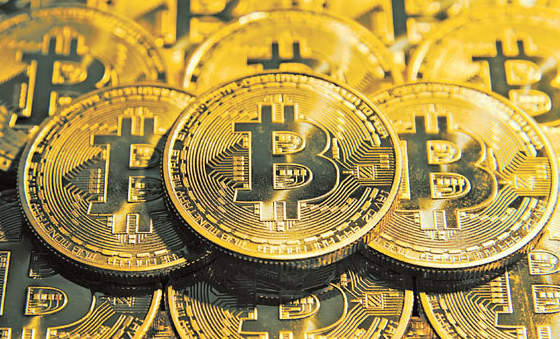
Virtual currency has been a worldwide hot potato. Virtual currency is unregulated digital money which is usually issued, developed and controlled by developers. Blockchain security technology enables the transaction without the certification of others. In other words, it allows anyone with access to its distributed ledger to track what product is sold and who handled this process. The stance of the Korean government on bitcoin is somewhat negative and regard bitcoin investment as speculation, and so do many countries such as China, Germany and France. Because our government published the approximate ways to regulate this gale, the overall currency of various coins dropped dramatically, while making the whole coin market more unstable than ever. Regulation guidelines included real name transaction, taxation, age limit, and an anti-money laundry policy. It is said that the Ministry of Justice even considered a shutdown of bitcoin exchanges firms.
As the government did not determine certain degrees of regulation, the results cannot be told clearly. However, governmental regulation at some level certainly has advantages. If exchange firms have to keep the transactional information and only real name transactions are allowed, it will prevent illegal practices like money laundering, tax evasion and fraud. Also, hacking directed at the exchange market should be taken into account. About half of exchange firms do not use ‘Secure Sockets Layer server’ and an exchange firm ‘Youbit’ went bankrupt due to hacking last year. Strengthening identification will definitely cushion hacking risk and abuse of coins to crimes. People who agree to the outright prohibition of virtual money in Korea worry about the risky aspect of this investment/speculation. Represented as ‘Kimchi premium’, irrational speculation caused people to buy virtual coins for the price that includes the bubble. If that coin is delisted or the bubble bursts, lots of investors will be victims. In comparison with real estate, virtual currency is not an actual asset and no one can guarantee its value. In addition, some coin markets are small enough to be controlled by a rich individual rather than the stock market which more control is needed. According to Korea Society Opinion Institute, 69.7% of people agree to bitcoin restrictions due to the preceding reasons.
On the other hand, some people who resist on regulation insist that regulations itself goes against the trend, because the government just dismisses bitcoin as speculation, ignoring the future value of bitcoin. Also, they believe the possibility of bitcoin to be the next global alternative currency. On the Blue House online petition site, a petition named “Has the government ever made people have a happy dream for once?” appeared, resulting in about 0.2 million people signing a petition for a month. It said; “harsh regulations such as a shutdown of exchange firms is not protecting investors, but depriving dreams of the people.” While the GDP of Korea is only 1.7% in in relation to the rest of the world, the Korean bitcoin market share takes up more than 20%. It means that bitcoin is a great chance to exert our influence in the world market, in case virtual currency becomes more stable. Also, bitcoin can be a means of hedge (investment position intended to offset potential losses or gains that may be incurred by a companion investment) to geopolitics risks. It is said that the Korean stock market is underestimated because foreign investors consider the risk of war with North Korea, which is called the ‘Korea discount’. Derivates (contract that derives its value from the performance of an underlying entity) to resolve this Korea discount can be made in the future with bitcoin.
To refer to the case of China, which prohibited the running of exchange firms earlier, speculation heat did not cool down. It triggered investors to exchange in person and to use the exchange firms based outside China. It ultimately created a place, where authorities cannot reach, that crimes related to virtual currency increased. However, the Japanese government admitted bitcoin as a payment method, promoting the registration of exchange firms that made Japan the safest transaction place in the world. By allowing for these examples, it proved that excessive regulation causes severe side-effects, and that regulations at proper level are important. Wise and reasonable regulations created by our government is expected, regarding all effects and side-effects of virtual currency.


